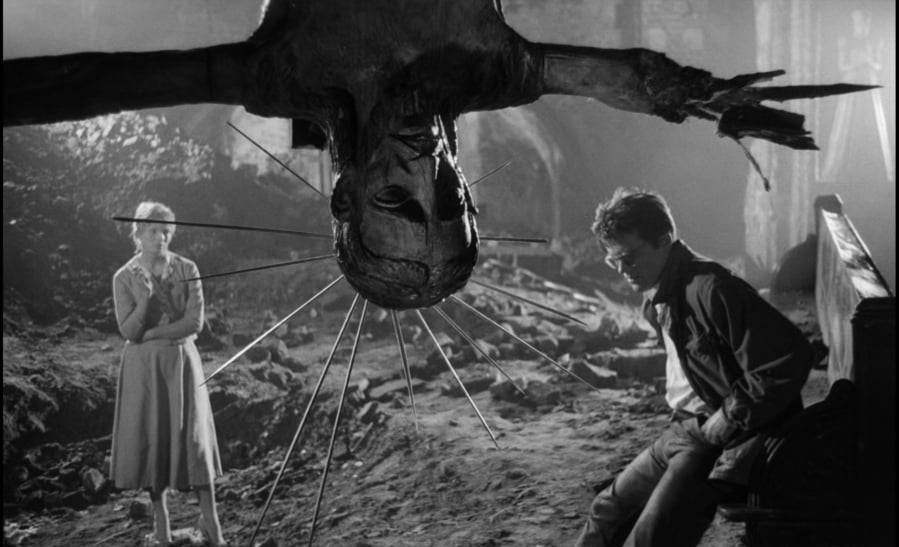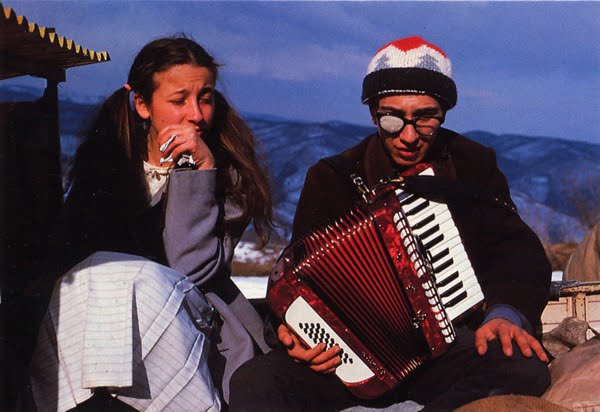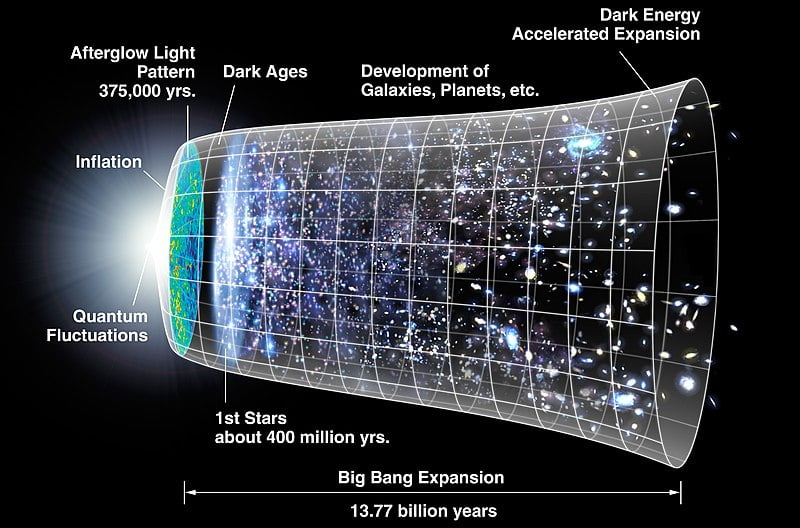Exploring the Absurdity of a Sunday Afternoon

A Sunday afternoon is a liminal space between preparing for the week ahead and recalling the past. The weekend has lost its novelty. The boundaries that organize our days have softened. Yet a familiar sense of feeling out of place settles over these in-between hours. The endless tasks that might occupy us suddenly reveal themselves as arbitrary and futile. Purpose begins to seem elusive. We glimpse for a moment the absurdity of our routines.
The absurdity of a Sunday afternoon comes from the contrast between our desires for meaning, productivity, and connection and the stagnant reality we often find ourselves. The day feels too short to accomplish anything significant, yet too long to merely pass the time. The mundane conversations and chores take on a surreal tone that highlights their futility. The repetition of another weekly cycle begins to grate. And so we are forced to confront, however briefly, the absurd gulf between our striving and our circumstances, our grand visions, and our humble reality.
This article is an existential analysis of sensations that often characterize a quiet Sunday afternoon. We will observe how feelings of stasis, stagnation, and repetition reveal deeper truths about the human condition and our struggle to find purpose. Ultimately, we'll see how embracing the absurdity of the routine can provide a fresh perspective and a kind of peace.
Feeling inescapably rooted in that moment
As Sunday afternoon stretches on, a peculiar feeling creeps over me. It's a sensation of being stuck, immovable, like a stone set deep in wet cement. The hours trickle by, and I cannot pull myself free. Something similar to panic begins to mount within me, a desperate urge to act, move forward, and accomplish something valuable before this day is done. Yet the longer I sit, the less plausible any course of action seems. No amount of willpower can wrest me from this temporary prison.
This trapped feeling reveals an uncomfortable truth: as much as I wish to control the passage of time, to spend my days in an orderly progression of meaningful tasks, I am often at the mercy of circumstance. My agency is an illusion. I am rooted moment by moment, whether productively or not. My grand plans and ambitions can do nothing for me in this transient present.
Only by accepting my imposed stillness and loosening my grip on imagined concepts of "progress" and "accomplishment" can I find peace in this entrapment. I realize I feel the absurdity of striving against an unyielding now - the paradox of a free spirit chains to just one hour. But the striving, the drive to be anywhere but here, contains wisdom. It points to inexhaustible depths of possibility beyond the limited reality before me. And that realization, that glimpse of vast human aspiration within confinement, can temporarily ease this awkward rootedness.
Wrestling with the paradox of free time

How odd that free time should feel so restrictive. With no obligations weighing on me, no place I must be, I should experience freedom in its purest form. Yet I often find Sunday afternoons confining.
The paradox at the heart of free time demands that I generate my purpose. Left to my own devices, I must decide: what is worth doing with these hours? The absence of externally imposed goals reveals the difficulty of finding inner direction. Without external constraints, intrinsic motivation proves elusive.
This reveals a deeper truth about human nature: we often rely on external structures to give our lives meaning. Work, family, and social roles provide a framework that organizes our days and imbues them with significance. When that structure is removed, we are laid bare. We confront the stark question of what truly inspires us in the absence of obligation.
And so Sunday afternoons, for all their spacious vastness, can feel constricting. They demand that we answer: what do we truly want to do with our time? But more often than not, we find ourselves at a loss. We wander, unable to see a higher purpose in a day devoid of duties. We feel the absurdity of our friend's old saw: "Thank goodness it's the weekend! Now I'll finally have time to relax."
Yet therein lies the promise of free time. If we can extract ourselves from absurdity, Sundays offer an opportunity for self-discovery. They pose the question that points us toward our deepest callings. All we need to find is the courage to listen for the answer.
Contemplating the strides of progress while observing stagnant lawn ornaments
As I gaze out the window this Sunday afternoon, I see motionless plastic pink flamingos and concrete birdbaths persisting from last year. Despite mankind's scientific and technological achievements - the stunning strides we've made in understanding nature and manipulating matter - these humble artifacts remain stubbornly static, their function long forfeited.
The contrast amuses me. The minute hand inches forward as centuries collapse behind. Quantum theory unveils the underlying fabric of the cosmos while plastic gnomes stand eternal guard over untended gardens. We map the human genome and name newly discovered exoplanets even as dusty cobwebs drape these forgotten statuettes, neglected in our engrossing progress.

Image: A graphical representation of the expansion of the universe from the Big Bang to the present day, with the inflationary epoch represented as the dramatic expansion of the metric seen on the left. This visualization can be confusing because it appears as if the universe is expanding into a pre-existing empty space over time. Instead, the expansion created, and continues to create, all of known space and time. via Wikipedia.
Arriving on these unmoving things, my wandering eye reminds me that not all stand still while the world advances. There exists equal inertia - of customs outlasting their usefulness, of ideology calcifying into dogma, of opportunities squandered and potential left untapped.
The absurdity here lies in the coexistence of growth and stagnation, of enlightened insight living beside confirmed ignorance. We evolve yet cling to the past. We push forward yet leave so much behind. We aspire to build a more just world even as injustice persists, unyielding as those pink flamingos writhing in the afternoon sun.
Yet there is wisdom in this stubborn stillness too. These scorned objects, defying erasure, remind us that persistent attention - a refusal to be moved - contains its power for change. We may yet set it in motion by focusing our gaze on that which has remained stationary too long. And so progress begins, however absurdly, by simply opening our eyes.
Noticing the staleness of conversations

Around this time on a Sunday afternoon, my contacts (online) begin to surface from the day's inertia. Text messages and social media updates appear, bearing the unmistakable tenor of boredom. The same worn topics arise complaints about work, judgments about the news, and so on.
The staleness of these transitions is unmistakable. We retread ground already well covered, lacking the inspiration to explore new terrain. Our exchanges lack vitality and depth. They are placeholder dialogues, filling the gap until something more interesting occurs.
This reveals an uncomfortable truth about so much communication: it is driven more by habit than by authentic connection. We converse out of a social obligation to pass the time rather than genuinely wanting to know another's inner life. Our attention wanders even as our fingers tap out rote responses. The content is negligible; what matters is keeping the conversation going.
Beneath the banality lurks a longing for true intimacy - a deep desire to forge a meaningful bond through shared truth and vulnerability. But we lack the courage to bring this longing to the surface. It's easier to fall back on the familiar refrains, the well-worn topics that require little of ourselves. We hide our inward lives behind a veil of small talk.
The absurdity lies in this vast chasm between our yearning spirits and the paltry words we exchange. For a moment, we glimpse the possibility of forging a real community, of joining hearts across the divide. But we shrink from the risk, so the opportunity passes - one more stale conversation among many, one more Sunday afternoon while the authentic connection remains elusive.
Summary
The stagnant moments of a Sunday afternoon - the feelings of stasis, repetition, and paradox we've observed - contain within them seeds of insight. They reveal fundamental truths about the human condition and our struggle to live purposefully.
They show us that progress requires focusing on what has remained stationary too long. They remind us that flexibility, creativity, and compassion are needed to navigate ambiguity. And they point us toward examining the stories and structures that give meaning to our lives, for better or worse.
Above all, absurd Sunday afternoons cultivate presence. They practice waking up to each moment as it is, resisting the urge to flee into distraction. They teach us to see with fresh eyes, even - and especially - when nothing seems to be changing.
So the next time you find yourself rooted to one hour, contemplating plastic flamingos, taking part in stale interactions, or simply watching time slip away, remember: within these seemingly inconsequential moments lie seeds of wisdom waiting to be noticed and nurtured.
Pay close attention. Look past the familiar banality and perceive the world anew. Listen for echoes of a larger purpose and meaning that can guide you forward. Embrace the present exactly as it is, and you may find within its very absurdity a kind of peace.